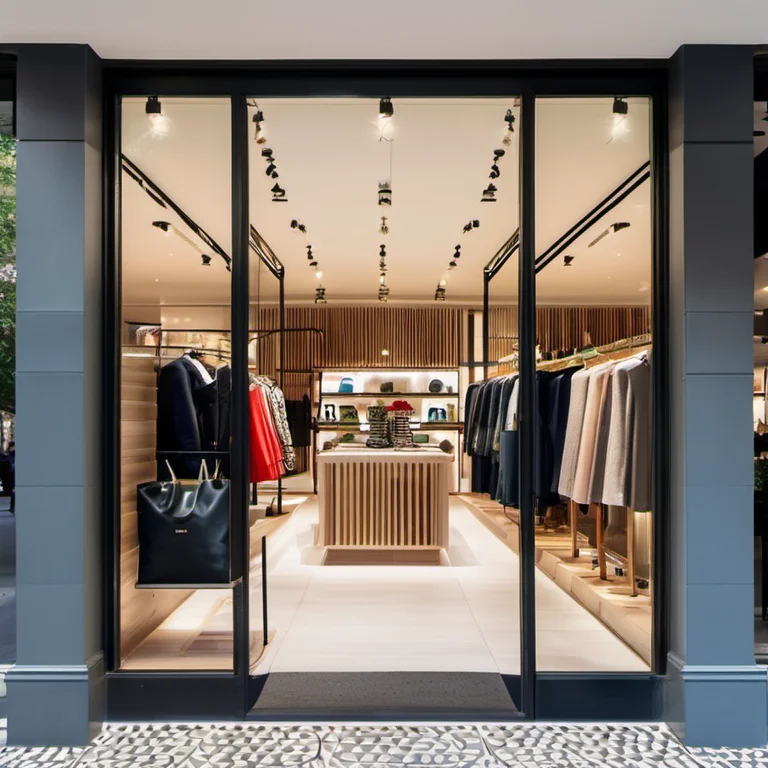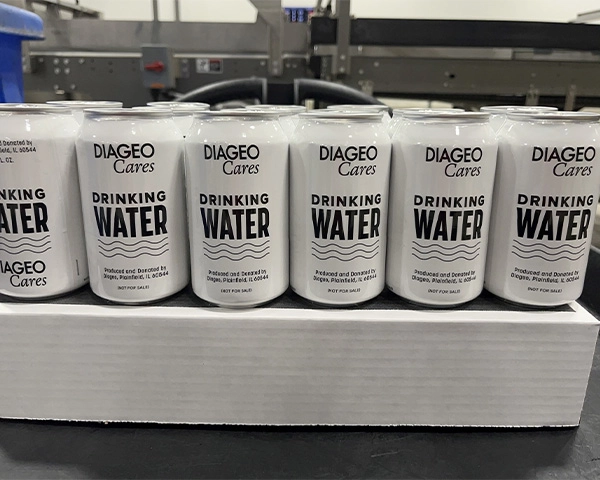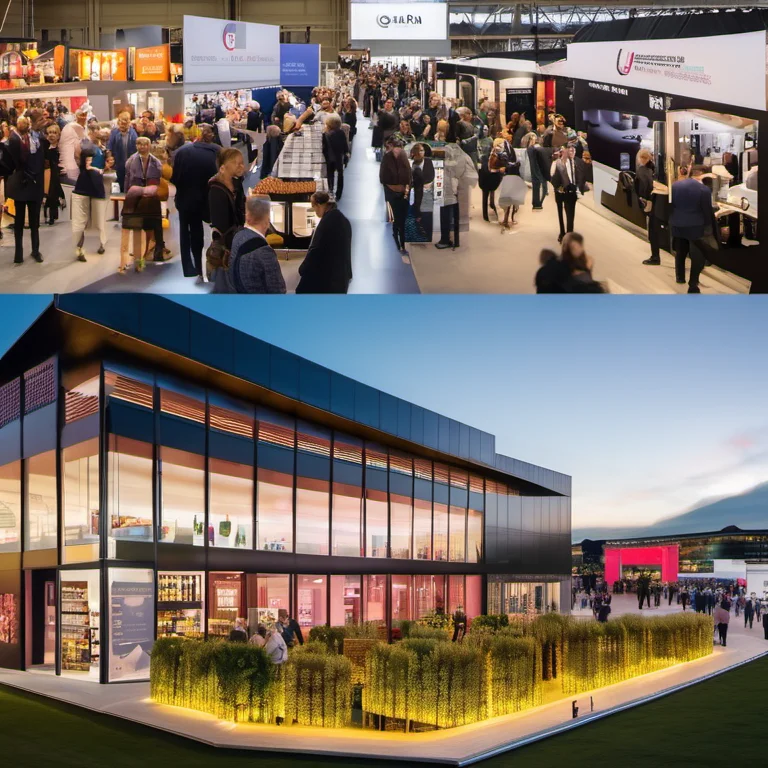Retail’s Future in the United Kingdom
The UK retail industry is currently facing numerous challenges that are impacting its growth and profitability. With the rise of e-commerce and changing consumer behavior, traditional brick-and-mortar stores are struggling to attract customers and generate sales. Economic uncertainty and shifting demographics are also contributing to the decline in the retail sector. However, amidst these challenges, there are also opportunities for retailers to adapt and innovate in order to stay competitive in the ever-changing retail landscape.
The Current State of UK Retail: A Sales Slump
The UK retail industry has been experiencing a sales slump in recent years. According to the British Retail Consortium (BRC), retail sales in the UK fell by 0.1% in 2019, marking the first annual decline since 1995. In addition, footfall, or the number of people visiting physical stores, has also been declining. The BRC reported a 2.3% decrease in footfall in 2019 compared to the previous year.
There are several reasons for this decline in sales and footfall. One major factor is economic uncertainty, particularly due to Brexit. The prolonged uncertainty surrounding the UK’s departure from the European Union has led to cautious consumer spending and a decrease in consumer confidence. This has resulted in reduced sales for retailers across various sectors.
Another reason for the sales slump is changing consumer behavior. With the rise of e-commerce and online shopping, consumers are increasingly turning to the convenience of shopping from their own homes. The ease of comparing prices, reading reviews, and accessing a wide range of products online has made traditional brick-and-mortar stores less appealing to many consumers.
The Impact of Online Shopping on UK Retail
The growth of e-commerce has had a significant impact on traditional brick-and-mortar stores in the UK. Online shopping has become increasingly popular among consumers, with e-commerce sales in the UK reaching £137.38 billion in 2019, according to Statista. This represents a significant increase from previous years and highlights the shift in consumer behavior towards online shopping.
One of the key drivers of online shopping in the UK is the rise of online marketplaces such as Amazon and eBay. These platforms offer consumers a wide range of products from various sellers, making it easy to find and compare prices. This has posed a challenge for small retailers who struggle to compete with the convenience and reach of online marketplaces.
Furthermore, the growth of online shopping has also led to the closure of many physical stores. High street retailers such as Debenhams, House of Fraser, and Toys R Us have all faced financial difficulties and have had to close stores or go into administration. This has resulted in job losses and a decline in footfall in many town centers across the UK.
The Rise of Mobile Commerce and Its Effect on UK Retail
In addition to the growth of e-commerce, mobile commerce, or m-commerce, has also had a significant impact on the UK retail industry. With the increasing use of smartphones and tablets, consumers are now able to shop on the go, anytime and anywhere. According to eMarketer, m-commerce sales in the UK reached £58.5 billion in 2019, accounting for 42.8% of total e-commerce sales.
The rise of m-commerce has changed the way consumers shop and interact with retailers. Mobile devices have become an integral part of the shopping experience, with consumers using their smartphones to research products, read reviews, and make purchases. This has led to an increased expectation for retailers to provide a seamless mobile shopping experience.
Retailers who fail to optimize their websites and apps for mobile devices risk losing customers to competitors who offer a better mobile experience. Mobile optimization includes having a responsive design that adapts to different screen sizes, fast loading times, and easy navigation. Retailers who invest in mobile optimization are more likely to attract and retain customers in the increasingly mobile-driven retail landscape.
The Importance of Customer Experience in UK Retail
In the highly competitive retail industry, providing a positive customer experience is crucial for driving sales and building customer loyalty. A study by PwC found that 73% of UK consumers consider customer experience to be an important factor in their purchasing decisions. Furthermore, 42% of consumers said they would be willing to pay more for a better customer experience.
Retailers who prioritize customer experience are more likely to attract and retain customers. This includes providing excellent customer service, personalized recommendations, and a seamless shopping experience across different channels. For example, retailers can offer click-and-collect services, where customers can order online and pick up their purchases in-store, or provide a seamless online-to-offline shopping experience by allowing customers to return online purchases in-store.
Several retailers in the UK have successfully improved their customer experience and seen positive results. For example, John Lewis, a department store chain, has invested in training its staff to provide exceptional customer service. This has helped the retailer build a loyal customer base and maintain its reputation for excellent customer experience.
The Role of Technology in the Future of UK Retail
Technology has the potential to transform the retail industry in the UK. Artificial intelligence (AI), virtual reality (VR), and augmented reality (AR) are just a few examples of technologies that can enhance the shopping experience and drive sales.
AI can be used to analyze customer data and provide personalized recommendations, improving the relevance of product suggestions and increasing the likelihood of a purchase. VR and AR can be used to create immersive shopping experiences, allowing customers to virtually try on clothes or visualize how furniture would look in their homes.
However, implementing new technology in retail can be challenging. Retailers need to invest in the right infrastructure, train their staff, and ensure that the technology enhances the customer experience rather than complicating it. Furthermore, there is a need for data privacy and security measures to protect customer information.
The Need for Innovation in UK Retail to Stay Competitive
Innovation is crucial for retailers to stay ahead of the competition and adapt to changing consumer needs. This includes embracing new technologies, exploring new business models, and finding creative ways to engage with customers.
Several retailers in the UK have successfully embraced innovation and seen positive results. For example, ASOS, an online fashion retailer, has invested in AI technology to improve its product recommendations and enhance the customer experience. This has helped the retailer increase sales and attract a loyal customer base.
Another example is Tesco, a leading supermarket chain in the UK. Tesco has embraced innovation by introducing self-checkout machines, launching a mobile app for online shopping, and offering click-and-collect services. These innovations have helped Tesco stay competitive in the rapidly changing retail landscape.
The Changing Demographics of UK Retail Consumers
The demographics of UK retail consumers are changing, and retailers need to adapt to these changes in order to stay relevant. One significant demographic shift is the rise of Generation Z, or Gen Z, who are now entering the workforce and becoming a key consumer group. Gen Z consumers have grown up with technology and have different expectations and preferences compared to previous generations.
Gen Z consumers value authenticity, sustainability, and social responsibility. They are more likely to support brands that align with their values and are transparent about their practices. Retailers who can cater to the preferences of Gen Z consumers are more likely to attract their business.
Another demographic shift is the aging population in the UK. As the population ages, retailers need to consider the specific needs and preferences of older consumers. This includes providing accessible store layouts, offering a wide range of products for older consumers, and providing excellent customer service.
The Importance of Sustainability in UK Retail
Sustainability has become an increasingly important issue in the retail industry. Consumers are becoming more conscious of the environmental and social impact of their purchasing decisions and are demanding more sustainable products and practices from retailers.
Retailers who prioritize sustainability can attract environmentally conscious consumers and differentiate themselves from competitors. This includes implementing sustainable practices such as reducing waste, using renewable energy, and sourcing products ethically. Retailers can also offer sustainable product options, such as organic or fair-trade products, to cater to the growing demand for sustainable choices.
Several retailers in the UK have successfully implemented sustainable practices. For example, Marks & Spencer, a leading UK retailer, has set ambitious sustainability goals, including becoming carbon neutral and sending zero waste to landfill. The retailer has also introduced sustainable product lines, such as clothing made from recycled materials.
The Future of Brick-and-Mortar Stores in UK Retail
Despite the rise of e-commerce and online shopping, physical stores still have a role to play in the future of UK retail. However, the role of brick-and-mortar stores is evolving, and retailers need to adapt in order to remain relevant.
One way that physical stores can remain relevant is by integrating online and offline channels. This includes offering click-and-collect services, where customers can order online and pick up their purchases in-store, or providing a seamless online-to-offline shopping experience by allowing customers to return online purchases in-store. This integration of channels can provide customers with more convenience and flexibility.
Physical stores can also focus on providing unique experiences that cannot be replicated online. This includes offering personalized services, hosting events or workshops, and creating immersive shopping experiences. By providing a memorable and enjoyable experience, physical stores can attract customers and differentiate themselves from online competitors.
The Potential for Collaboration and Partnerships in UK Retail
Collaboration and partnerships can be beneficial for retailers in the UK. By working together, retailers can leverage each other’s strengths and resources to create innovative solutions and reach a wider customer base.
One example of successful collaboration in the UK retail industry is the partnership between Sainsbury’s, a supermarket chain, and Argos, a retailer specializing in electronics and home goods. Sainsbury’s acquired Argos in 2016 and has since integrated Argos stores within Sainsbury’s supermarkets. This collaboration has allowed both retailers to offer a wider range of products and services to their customers.
Collaboration can also extend beyond retailers to include other stakeholders in the retail ecosystem, such as suppliers, technology providers, and local communities. By working together, retailers can create a more sustainable and resilient retail industry.
Conclusion
The UK retail industry is facing numerous challenges, including a sales slump, the rise of e-commerce, changing consumer behavior, and economic uncertainty. However, amidst these challenges, there are also opportunities for retailers to adapt and innovate in order to stay competitive.
By embracing technology, prioritizing the customer experience, catering to changing demographics, and implementing sustainable practices, retailers can position themselves for success in the future. Collaboration and partnerships can also be beneficial for retailers to leverage each other’s strengths and resources.
In conclusion, the future of UK retail depends on the ability of retailers to adapt and innovate. By staying ahead of the competition and meeting the evolving needs of consumers, retailers can survive and thrive in the ever-changing retail landscape.





